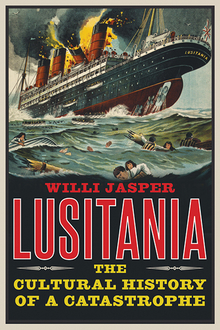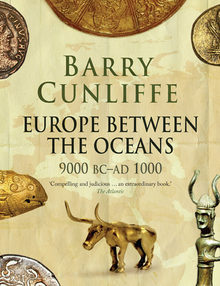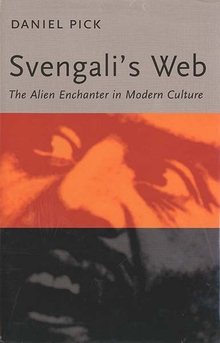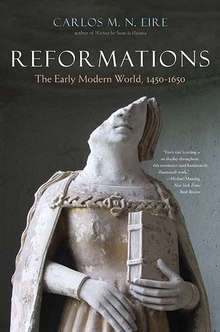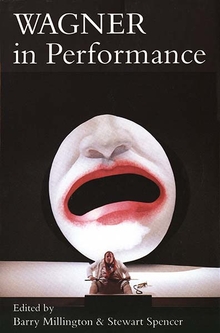Lusitania
WARNING
You are viewing an older version of the Yalebooks website. Please visit out new website with more updated information and a better user experience: https://www.yalebooks.com
The Cultural History of a Catastrophe
Willi Jasper
A fascinating reassessment of a turning point in the First World War, revealing its role in shaping the German psyche
On May 7, 1915, the Lusitania, a large British luxury liner, was sunk by a German submarine off the Irish coast. Nearly 1,200 people, including 128 American citizens, lost their lives. The sinking of a civilian passenger vessel without warning was a scandal of international scale and helped precipitate the United States’ decision to enter the conflict. It also led to the immediate vilification of Germany. Though the ship’s sinking has preoccupied historians and the general public for over a century, until now the German side of the story has been largely untold. Drawing on varied German sources, historian Willi Jasper provides a comprehensive reappraisal of the sinking and its aftermath that focuses on the German reaction and psyche. The attack on the Lusitania, he argues, was not simply an escalation of violence but signaled a new ideological, moral, and religious dimension in the struggle between German Kultur and Western civilization.
On May 7, 1915, the Lusitania, a large British luxury liner, was sunk by a German submarine off the Irish coast. Nearly 1,200 people, including 128 American citizens, lost their lives. The sinking of a civilian passenger vessel without warning was a scandal of international scale and helped precipitate the United States’ decision to enter the conflict. It also led to the immediate vilification of Germany. Though the ship’s sinking has preoccupied historians and the general public for over a century, until now the German side of the story has been largely untold. Drawing on varied German sources, historian Willi Jasper provides a comprehensive reappraisal of the sinking and its aftermath that focuses on the German reaction and psyche. The attack on the Lusitania, he argues, was not simply an escalation of violence but signaled a new ideological, moral, and religious dimension in the struggle between German Kultur and Western civilization.
Willi Jasper is emeritus professor of modern German literature, cultural history, and Jewish studies at the University of Potsdam. He lives in Berlin, Germany. Stewart Spencer is an acclaimed translator whose work includes Heinrich August Winkler’s The Age of Catastrophe. He lives in London.
'Not only does Willi Jasper give a vivid account of the sinking of the Lusitania, he also provides a thought-provoking reflection on the atrocity’s varied meanings and legacies in twentieth-century German history.' - William Mulligan, author of The Great War for Peace
‘The media and political consequences of the catastrophe are brought to life in Willi Jasper’s compact cultural history of the disaster.’ – Frankfurter Allgemeine Zeitung
‘A richly illustrated narrative based on graphic eyewitness accounts and extensive archival material.’–NDR
‘Jasper lays bare a wide-ranging and revealing network of the events leading up to the disaster and the reactions to it.’–Der Tagesspiegel
‘The first book to offer an analysis of the attitude taken by the various German elites during this war.’–Deutsche Welle
‘Outstandingly narrated and rich in perspective.’––Dagbladet
“If you think that all that could possibly be written about the tragedy has been put on the page, Willi Jasper’s book might change your mind… Through the prism of this infamous maritime disaster, Jasper detects the upsurge of the nationalism, antisemitism and expansionism that prepared the way for Hitler.”—Ben Wilson, The Times
“[An] unusually thought-provoking book . . . you will never think about the loss of the Lusitania quite the same way again . . . this is one of those rare works that immensely broadens our perspective and really alters the way we evaluate a historical event.”—Martin Rubin, Washington Times
“What sets this book apart is its focus on the reaction to the sinking inside Germany. Jasper is a retired professor of German literature. He reads the Wilhelminians very well, and is at home with their bewildering mixture of peaceable assurances and simultaneous sabre-rattling. He catches them out as their language beings to slip, becoming more ‘euphemistic and cynical… Jasper’s excavation is a public service”—Isabel Hull, LRB
“A fascinating account”—R. W. Lemmons, Choice
ISBN: 9780300221381
Publication Date: September 27, 2016
Publication Date: September 27, 2016
240 pages, 5 1/2 x 8 1/2
35 b/w illus.
35 b/w illus.

